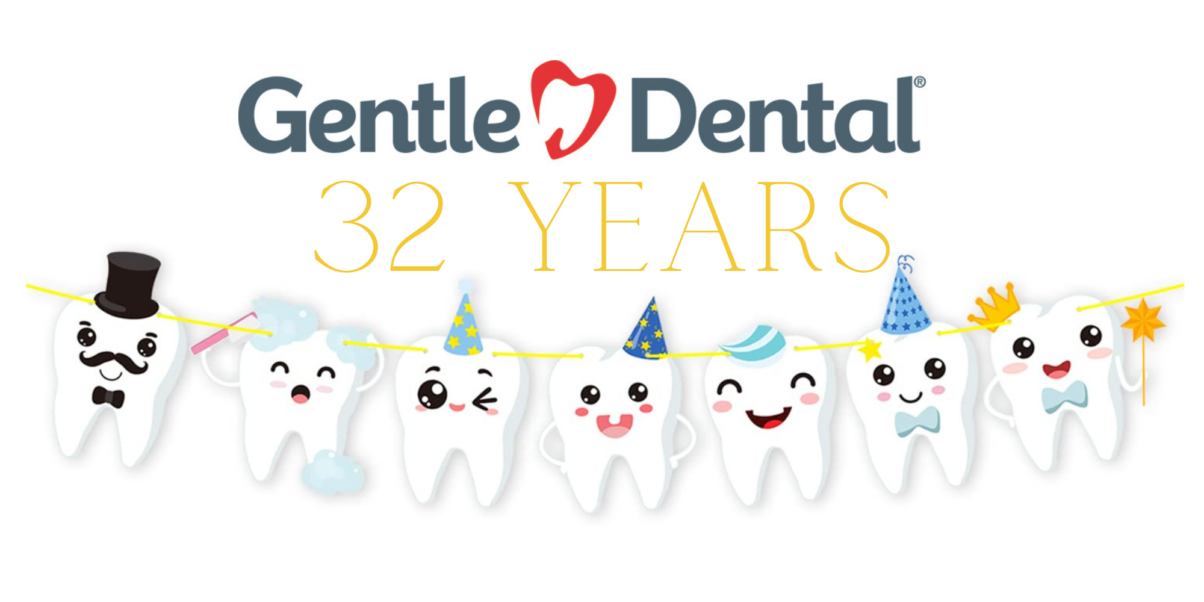Gentle Dental, a proud part of InterDent Service Corporation, celebrates 32 years of delivering exceptional dental care across the United States. Since our founding in 1992, we’ve grown from supporting a small network of practices in Portland, Oregon, to serving patients in eight states: Arizona, California, Nevada, Oregon, Washington, Oklahoma, Kansas, and Hawaii.
At the core of our success is our vision: “We aspire to provide exceptional, lifelong, integrated oral health care services.” This patient-first philosophy has guided us from the beginning, combining compassionate care with cutting-edge technology to meet the diverse needs of the communities we serve.
Through strategic growth and a steadfast commitment to innovation, Gentle Dental has become a trusted name in oral health care, offering high-quality services tailored to each patient’s needs. Our mission is clear: “To enhance the quality of our patients’ lives by providing accessible oral healthcare, which is paramount to our overall health and wellbeing.”
Today, as part of InterDent Service Corporation, we support a vast network of practices and a dedicated team of professionals passionate about transforming smiles and improving lives. We remain committed to creating positive patient experiences and delivering care that aligns with our values.
As we celebrate this incredible milestone, we are deeply grateful to our patients, team members, and communities who have supported us throughout this journey. Looking ahead, Gentle Dental is excited to continue brightening smiles, building lasting relationships, and staying true to our mission and vision for decades to come.
For more information about our services, visit www.gentle1.com. To learn more about InterDent, visit our corporate website at www.interdent.com.
